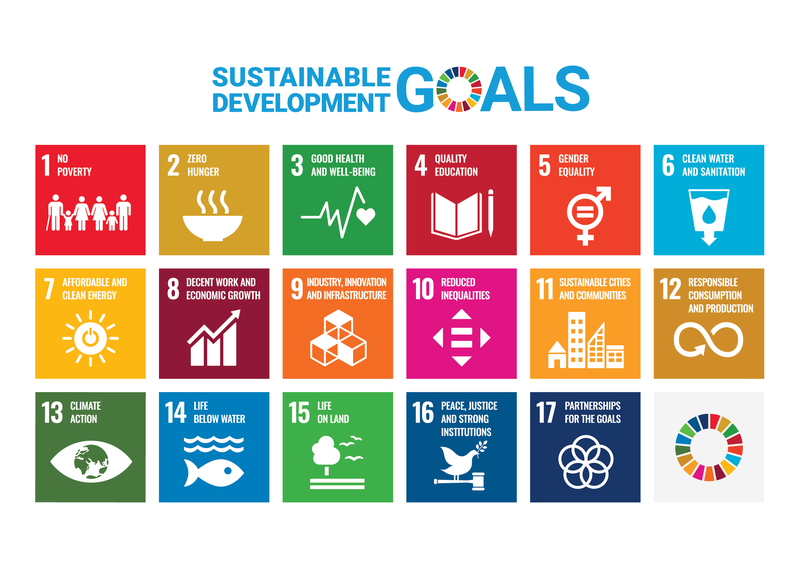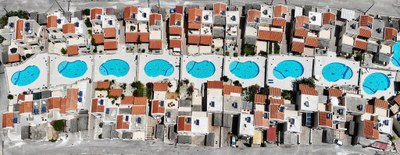All official European Union website addresses are in the europa.eu domain.
See all EU institutions and bodiesCan we live within the limits of the planet, especially when facing multiple crises? We are using resources faster than the planet can replenish them, creating pollution, destroying nature, driving climate change and impacting people’s health and well-being. A transition to a sustainable future will require a fundamental shift in production and consumption systems.
Sustainability is about meeting the world’s needs of today and tomorrow by creating systems that allow us to live well and within the limits of our planet. Building a sustainable Europe isn’t an easy task, especially when faced with shocks and crises such as the global pandemic, war and inflation, and climate change. Without a rapid and fundamental transformation of Europe's production and consumption systems, it will not be possible.
Europe needs to find ways to change the key systems of food, energy, mobility and buildings that drive environmental and climate pressures. This means rethinking technologies, production processes, consumption patterns and our way of life.
The EU has committed to ambitious, long-term environmental and climate goals. Despite some progress, much more needs to be done to achieve these. We must take immediate, decisive and coherent action across diverse policy areas and engage society to create the changes needed for a truly sustainable future.
Many aspects of our world — demographics, technology, economics — are changing rapidly. Global megatrends concerning social, technological, economic, and governance changes continue to intensify persistent environmental problems, and emerging trends are increasingly influential in shaping environmental outcomes. This creates both risks and opportunities for Europe and its environment.

The nature of the many crises we face means that now, more than ever, we need to stick to our long-term sustainability goals and policy aims and anchor these environmental and wellbeing aims into the new priority areas like security and competitiveness. Also environmental protection and restoration must go hand in hand with justice and equity. Without the support of citizens, we cannot make this shift to sustainability a success.
Decisive measures needed to meet EU environment policy targets by 2030
The 8th Environment Action Programme (8EAP) reiterates the EU’s long-term vision for 2050 of living well, within planetary boundaries. It sets out priority objectives for 2030 and the conditions needed to achieve these.
Despite steady progress in key areas, the EU is only partially on track to achieve the EU's 2030, environment and sustainability objectives, according to the latest monitoring report published by the European Environment Agency.
The report takes stock of progress towards Europe’s key environment and climate goals, based on 28 headline indicators and corresponding targets.
More decisive measures are needed to boost a circular economy, reverse the declining trend in biodiversity and in reducing the EU's consumption footprint.
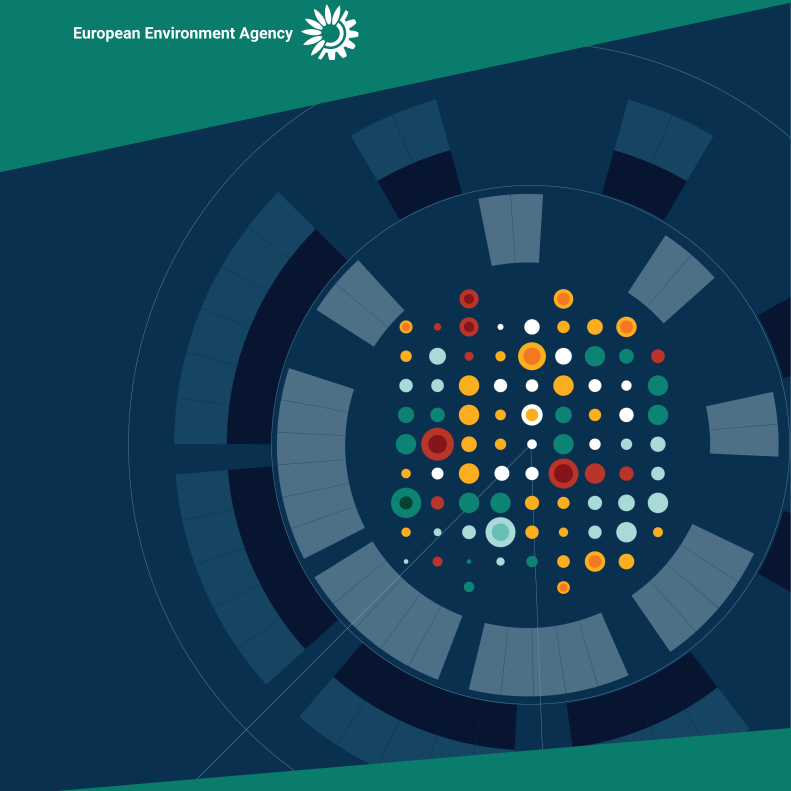

Governance in times of polycrises?
Global pandemic, war, inflation and other shocks and crises have tested the European Green Deal and its ambition of building a climate-neutral and sustainable economy. Two new EEA reports discuss how Europe can respond to the pressing and complex societal challenges while moving towards long-term sustainability goals.
The EEA report ‘Transformative resilience: the key to governing Europe's sustainability transitions in the polycrisis’ explores the emerging concept of transformative resilience and how it can be useful for anticipating and responding to shocks while speeding up positive change in key areas of energy, circular economy and just transition.
The EEA report ‘Governance in complexity — Sustainability governance under highly uncertain and complex conditions’ discusses how many interconnected crises challenge traditional models of problem-solving and decision-making. The report points out that progress towards sustainability goals is still mixed.
Dive deeper
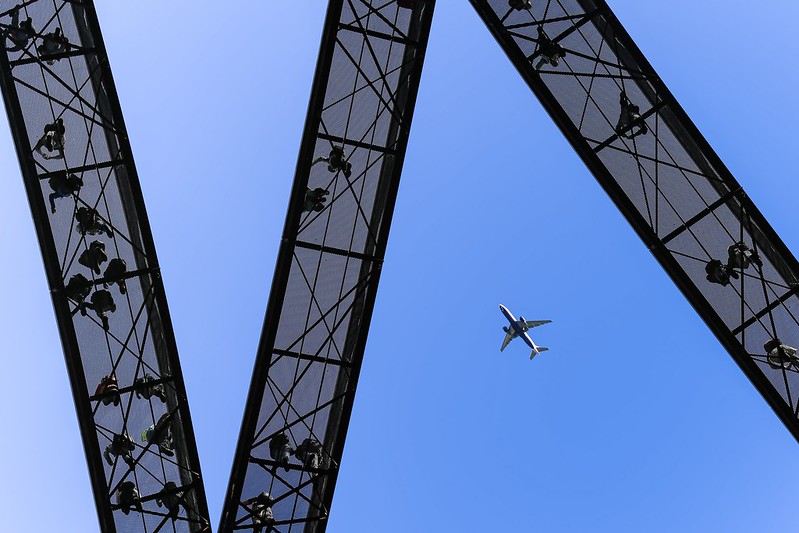
How did we get here?
The environmental and sustainability challenges that Europe faces today result from decisions and actions taken over decades. During this time, the so-called ‘Great Acceleration’ of social and economic activity transformed our relationship with the environment.
The Great Acceleration has undoubtedly delivered significant benefits. Technological advancements have helped people live longer, earn more money, and be healthier in many parts of the world. Yet, in many cases, these same developments also caused widespread damage to nature and the environment.
Our flagship report on the European environment — state and outlook 2020 (SOER 2020) provides an extensive analysis.
Horizon scanning tips and tricks
The future of Europe is shaped by developments of a societal, technological, economic, environmental and geopolitical nature that interact in complex and unpredictable ways. These wider developments might be relevant to the environment and environment policies.
Horizon scanning is one of the methods used in foresight to systematically scan or review various sources to detect early (or weak) signs of potentially important developments. It can support policymakers and other decision-makers in anticipating future developments, managing risks and pursuing opportunities to help build resilience to future shocks and reduce uncertainty.
Together with Eionet, the EEA published a practical guide, aimed to foster a culture of anticipation and preparedness by inspiring and equipping practitioners across Europe to explore the future using horizon scanning.
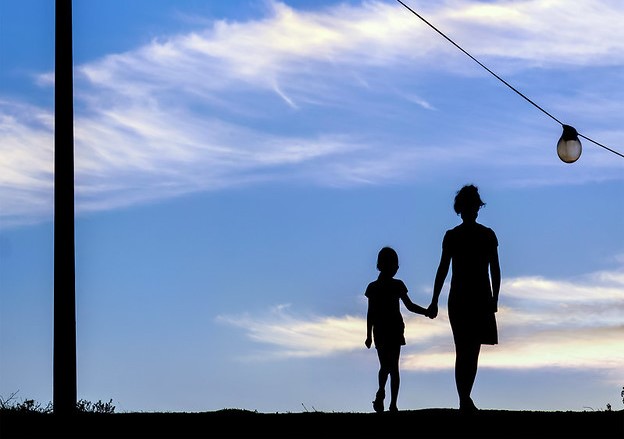
Towards global sustainability
The UN Sustainable Development Goals are part of the United Nations’ 2030 Agenda for Sustainable Development, adopted in 2015. The Sustainable Development Goals are a call for action by all countries — poor, rich and middle-income — to promote prosperity while protecting the planet. They recognise that ending poverty must go hand-in-hand with strategies that build economic growth and address a range of social needs including education, health, social protection, and job opportunities, while tackling climate change and environmental protection.
The European Union and the European Environment Agency’s 38 member and cooperating countries are committed to implementing the United Nations’ Sustainability Development Goals, including those focused on climate action, water and sanitation, and affordable and clean energy.
